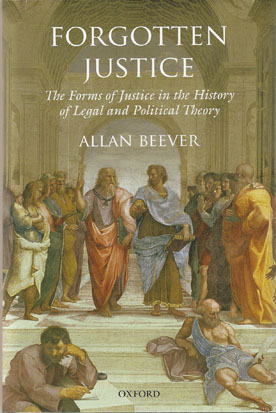
Throughout much of the history of political philosophy, many of the great philosophers begin their work with an investigation of private law. Why is this? And why is the central focus of our modern concern, the state, examined so late in their works?
This book suggests an answer to these and related questions. It reveals that there are two general ways of thinking about the legal and the political: the modern which sees all through the lens of the state, and the traditional which begins with individuals and with the normative relations that exist between them building only slowly towards the community and the state.
In the modern view, private law is understood as a method for achieving certain social goals. As such, it can be overlooked by political philosophy. For the traditional view, on the other hand, private law is of central philosophical importance, because it is there that we observe a society's enunciation of its most fundamental political and legal values.
Arguing that an understanding of the traditional view is essential to an understanding of private law and political life, this book highlights how the modern conception is seriously distorting in this regard. A story unfolds throughout the chapters: the story of the growth and decline of the traditional view in political and legal thought. It challenges the modern fixation with the state, arguing for a return to the traditional view of legal and political community.